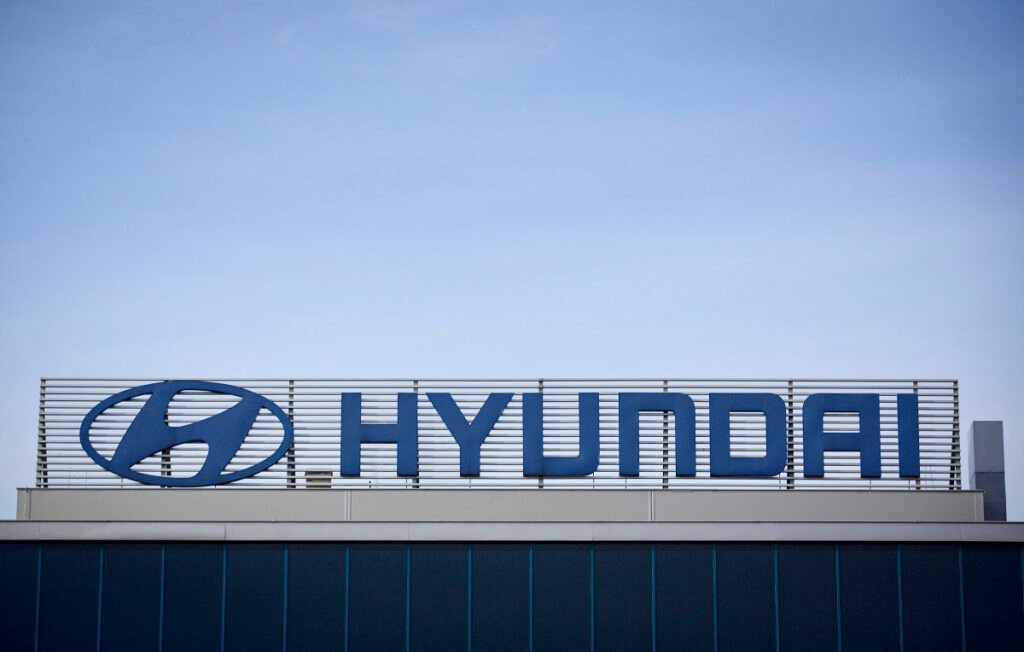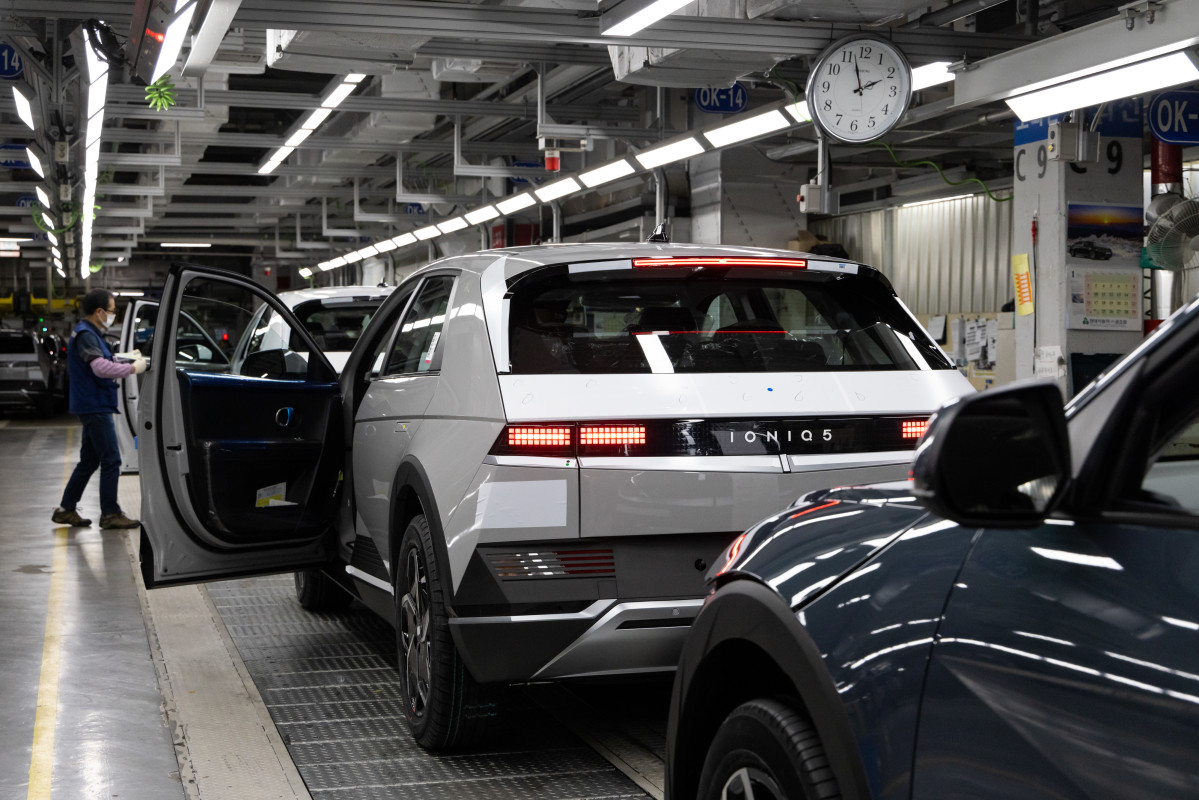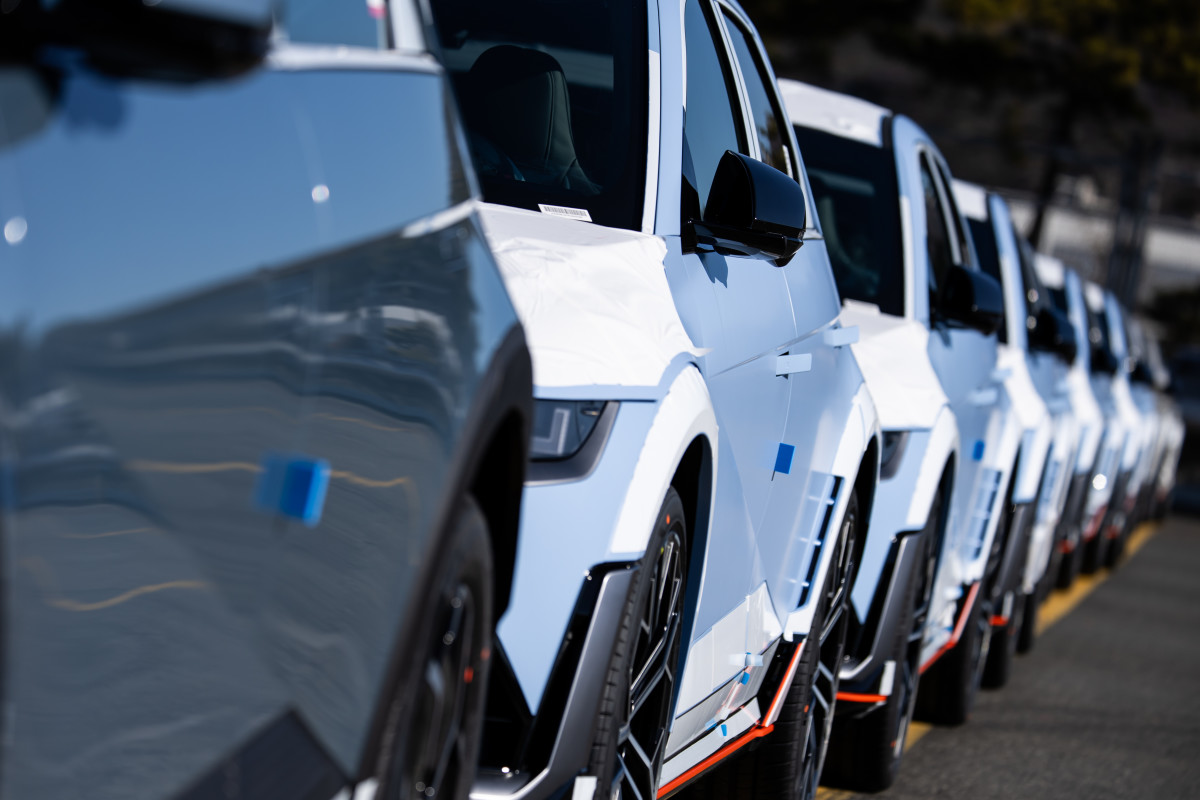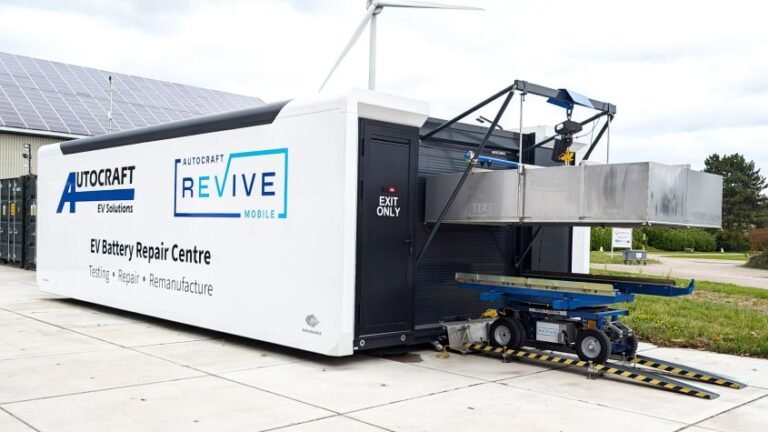
Federal Raid Targets Hyundai’s Flagship Facility
A massive immigration enforcement operation at Hyundai’s Georgia EV Metaplant has detained 475 workers and halted construction at the state’s largest economic development project. The raid directly impacts production of the Ioniq 5 and Ioniq 9 electric vehicles while disrupting critical battery manufacturing for America’s EV supply chain.
The facility houses both Hyundai’s EV manufacturing plant, which produces the impressive Ioniq 5 crossover and three-row Ioniq 9 SUV, and the LG Energy Solution battery plant that supplies their battery packs. Homeland Security confirmed all detained individuals were illegally present in the US. The company has announced it has temporarily paused construction and is fully cooperating with authorities.
Ioniq Assembly Lines Go Silent
The timing couldn’t be worse for Hyundai’s EV ambitions in America. The Georgia plant began full production in October 2024, with the Ioniq 5 being the first vehicle to roll off the assembly line. The Ioniq 9, Hyundai’s first three-row electric SUV, recently entered production and was scheduled to ramp up significantly through 2025.
The adjacent LG Energy Solution battery plant, a $4.3 billion joint venture, was designed to produce 30 GWh annually, enough battery packs to support 300,000 electric vehicles. The facility supplies lithium-ion battery cells specifically designed for Hyundai’s E-GMP platform, which powers the Ioniq 5, the larger Ioniq 9 and upcoming cheapest Ioniq model.
Getty Images
$7.6 Billion Investment Under Threat
The ICE raid created unexpected diplomatic tensions, with the South Korean foreign ministry expressing concerns over the treatment of Korean nationals during the raid: “The economic activities of Korean investment companies and the rights and interests of Korean citizens must not be unfairly infringed upon during US law enforcement operations.”
Hyundai’s statement aimed to clear the air: “As of today, none of those detained is directly employed by Hyundai Motor Company. We prioritize the safety and well-being of everyone working at the site.”
The enforcement action threatens the broader sizable investment that positions Georgia as a major EV manufacturing hub. The facility was expected to produce 1.2 million vehicles annually and create thousands of jobs. Despite this unexpected speed bump, the Korean automaker will likely bounce back. After all, building the future of transportation apparently requires more than just advanced batteries and good engineering.



